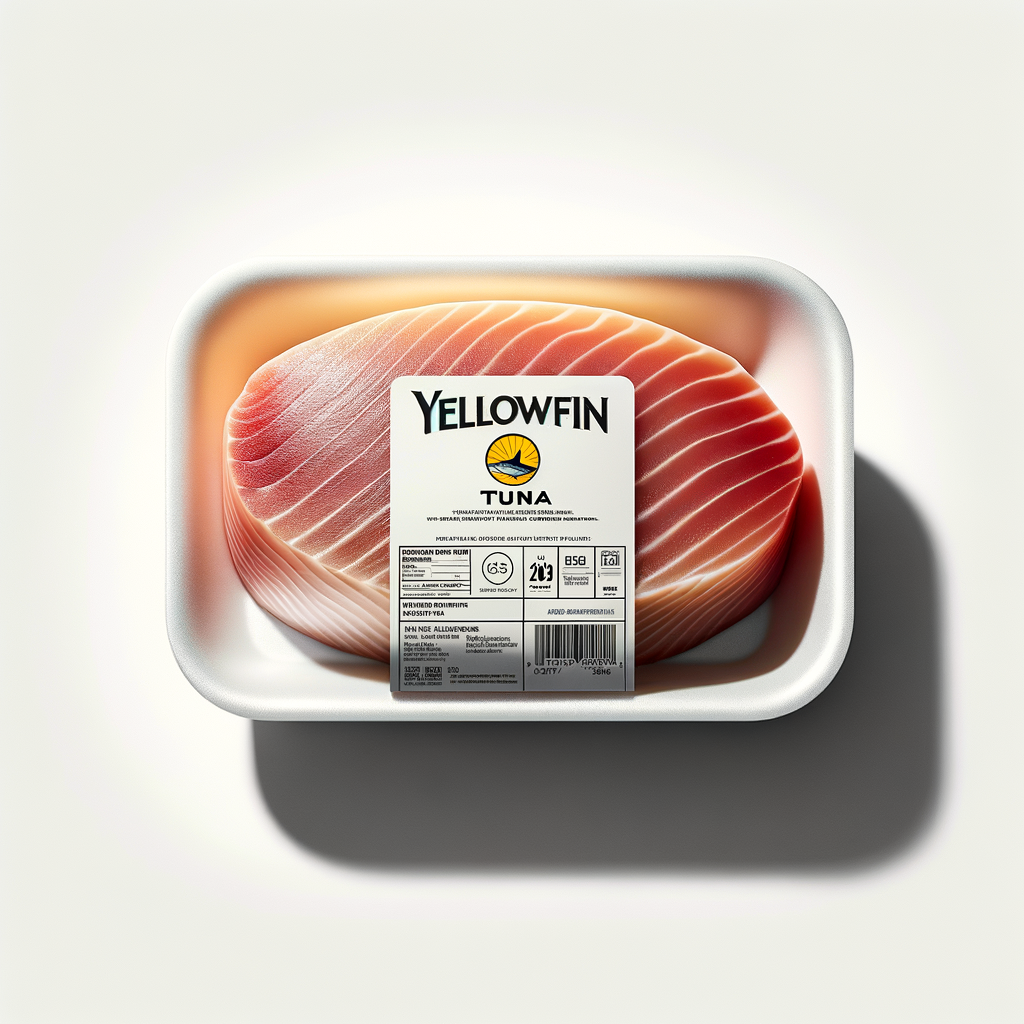SALADS
MAIN DISHES
APPETIZERS
Shiso Leaf
Shiso leaf, also known as Perilla frutescens or Japanese basil, is an aromatic herb belonging to the mint family, Lamiaceae. Predominantly used in Japanese, Korean, and other East Asian cuisines, shiso leaf offers a unique flavor profile with a taste akin to a combination of mint, basil, and anise. The plant comes in two varieties: green (aojiso) and red (akajiso), with green being more commonplace.
In addition to culinary uses, shiso leaf possesses numerous health benefits due to its rich antioxidant, anti-inflammatory, and antimicrobial properties. It is typically eaten raw alongside sashimi, used in salads, or as a garnish for cooked dishes. The leaves can also be pickled or dried to be used as seasonings or tea.
#158
IN FRESH VEGETABLES
$0.58
AVG / OZ
7 Shiso Leaf Products
Shiso Leaf Is Frequently Used With
Shiso Leaf FAQ
When cooking with shiso leaf, people commonly struggle with how to incorporate it into their dishes due to its distinct and somewhat overwhelming flavor. This can lead to either underutilizing the ingredient or using it improperly, either of which may disrupt the intended flavor balance of the dish. The key to using shiso leaf effectively lies in understanding its flavor profile and knowing how to pair it with other ingredients. Shiso leaves can and often are eaten raw, lending a burst of freshness and complexity to dishes. Alternatively, they can be tempura fried, pickled, or even used in cocktail mixology for a unique twist. Here's a little known tip: Red shiso leaves are often used to dye pickled plums (umeboshi), resulting in a beautiful ruby hue.
What is the taste of shiso leaf?
How should I use shiso leaves in cooking?
Can I eat shiso leaves raw?
Are shiso leaves good for you?
What is the difference between green and red shiso leaves?
What can I substitute for shiso leaves?
Can I use dried shiso leaves?
Can shiso leaves be used in drinks?
Are shiso leaf and perilla leaf the same?
Can shiso leaves be frozen for storage?
Expiration & Storage Tips
When does shiso leaf expire?
In the fridge, fresh shiso leaves typically last about one week, sometimes even up to 10 days, provided they're properly stored. If you notice the leaves wilting or losing their vibrant color, these are clear signs that they are past their prime, even if they're not technically expired yet. On the countertop, they usually dry out after 2 to 3 days. However, if you dry them correctly, they can be used as a seasoning and will last for months.
How do you tell if shiso leaf is bad?
Fresh shiso leaves ready for the trash bin will display clear signs of distress. Key things to look out for include slimy or wet texture, loss of green or red color (they turn more brown or yellowish), and an off-putting or moldy smell. If the leaves are dried, they'll get a rather stale and less pungent aroma when they're no longer good to use.
Tips for storing shiso leaf to extend shelf life
• Store fresh shiso leaves in the refrigerator. Wrap them in a paper towel before placing inside a loosely closed plastic bag to absorb excess moisture and prevent the growth of bacteria.
• Dry shiso leaves can be stored in a clean, airtight jar away from direct sunlight, moisture, and any heat sources. Don't worry, they don't lose much of their flavor when dried!
• Shiso leaves can also be pickled in a mixture of vinegar, salt and sugar. Stored in a sterilized jar, this method extends their shelf life to several months while simultaneously imparting a delightful sweet-tangy taste to the leaves.
• Another popular method in Japan is to preserve shiso leaves in salt. Layer salt and leaves in a jar, press down with a weight and let it sit. This technique can keep your leaves edible for up to a year but they do get quite salty - perfect for adding umami to your dishes!
EXPIRES WITHIN
11 - 21
DAYS
Health Info
Allowed on these diets
LOW FAT
HIGH CALCIUM
VEGETARIAN
KETO
PALEO
WHOLE 30
MEDITERRANEAN
LOW CARB
VEGAN
LACTOSE FREE
GLUTEN FREE


















